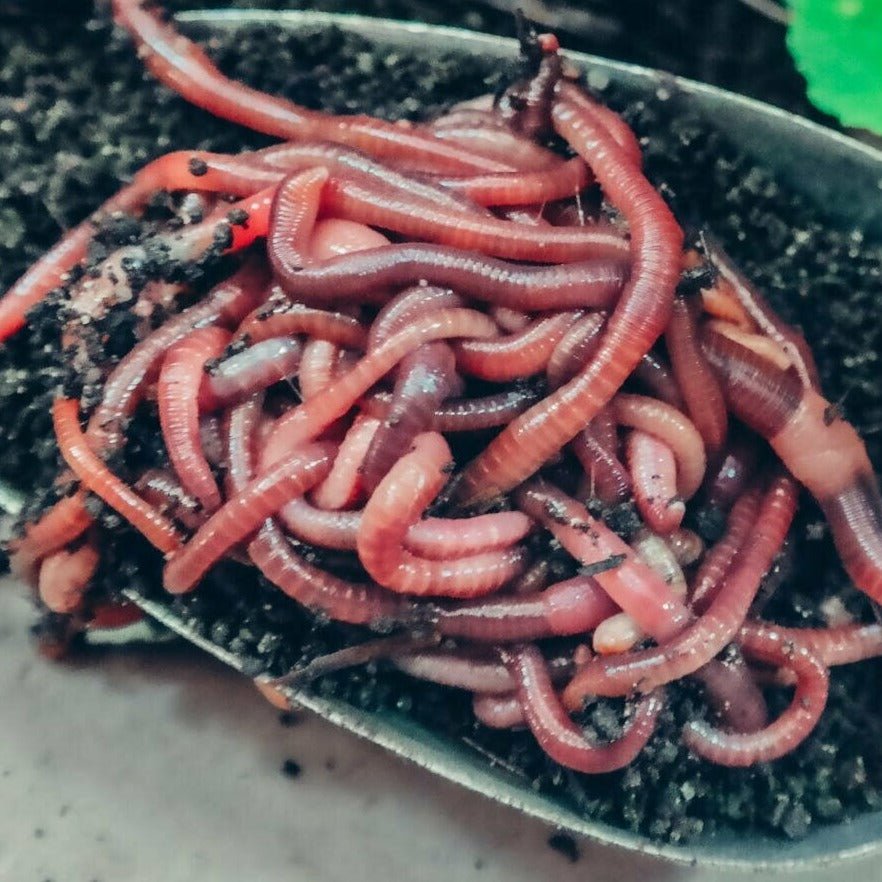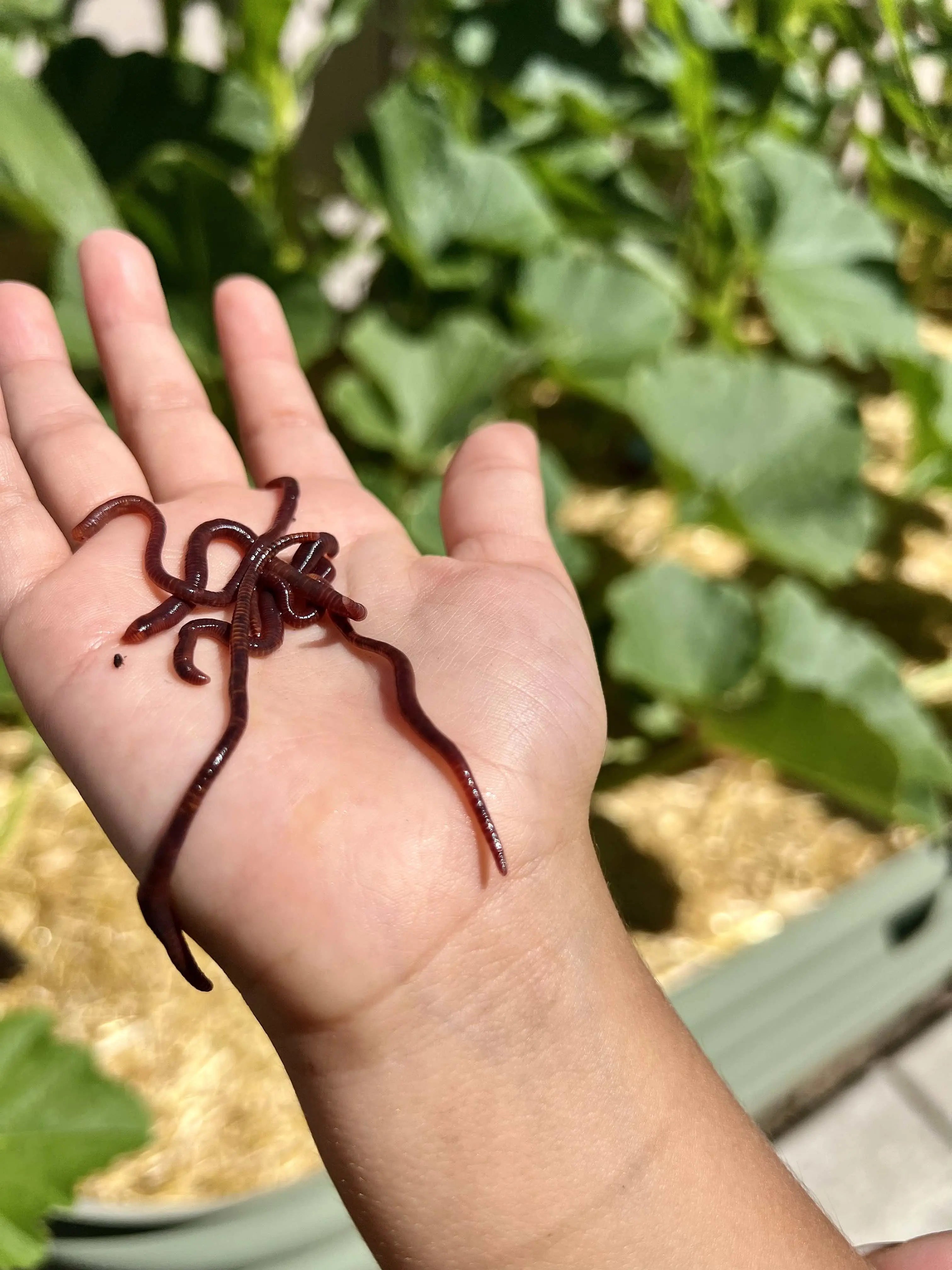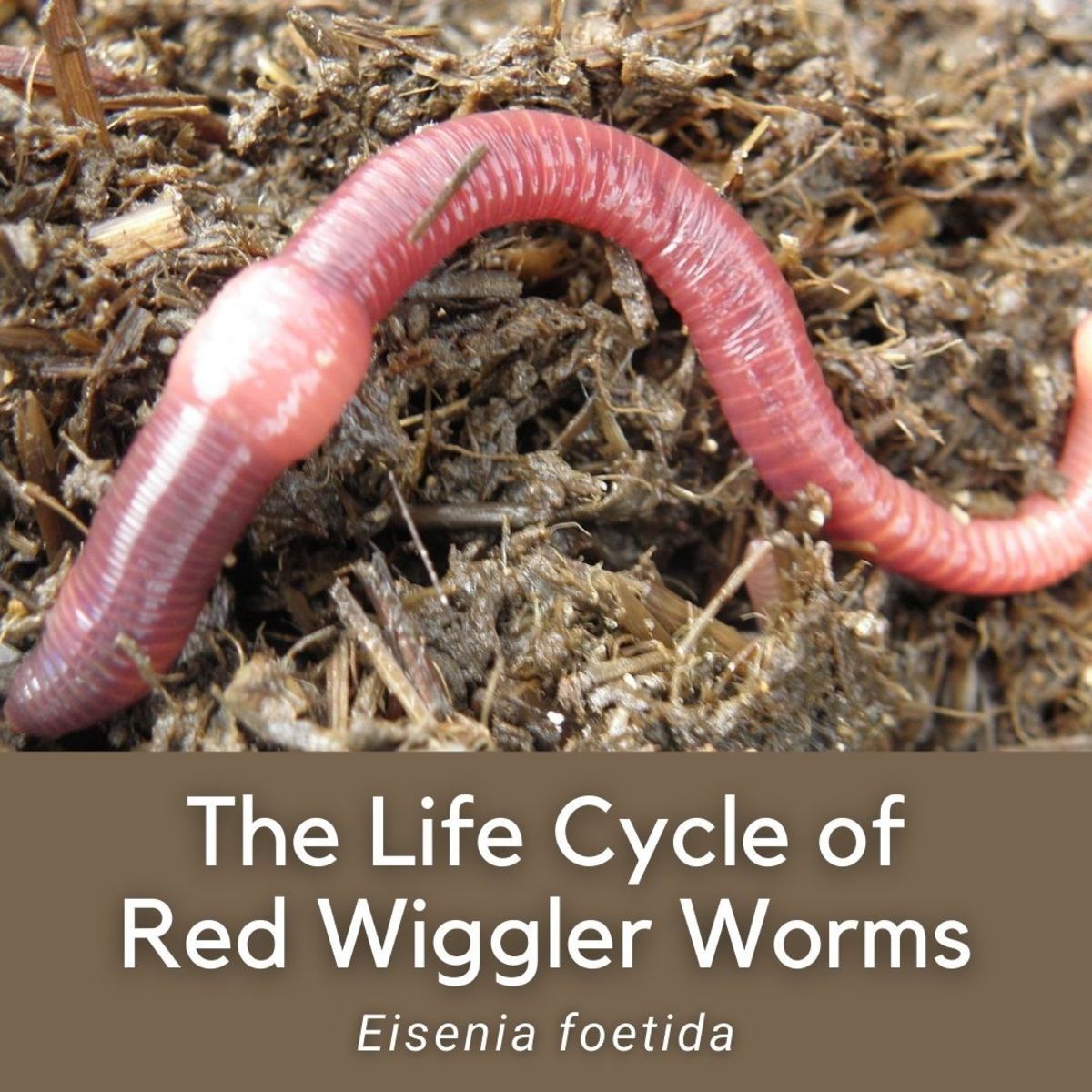Red Wiggler Worms Demystified: Unlocking the Tricks of Vermiculture for Greener Living and Nutrient-Rich Dirt
In the world of lasting techniques for enhancing soil high quality and promoting eco-conscious living, red wiggler worms play a pivotal yet frequently neglected duty. Red Wiggler Worms. Understanding the complexities of caring for these worms, maximizing their atmosphere, and utilizing their castings can lead to a greener way of life and healthier soil for plants to prosper.
The Function of Red Wiggler Worms
Red Wiggler worms play an important duty in composting systems by efficiently damaging down organic matter into nutrient-rich castings. These voracious eaters take in a range of organic products, such as kitchen area scraps, lawn waste, and paper items. As they feed, the worms' digestive system processes break down the organic issue right into a fine, dark, and nutrient-dense product known as worm spreadings or vermicompost.
The castings created by Red Wiggler worms are very beneficial for dirt wellness and plant development. They are rich in necessary nutrients like potassium, nitrogen, and phosphorus, which are important for sustaining healthy and balanced plant advancement. In addition, worm spreadings contain helpful microbes and enzymes that aid enhance dirt framework, increase water retention, and improve nutrient uptake by plants.
Benefits of Vermicomposting

Moreover, vermicompost, the nutrient-rich final result of vermicomposting, works as a superb natural fertilizer and soil conditioner. It enhances dirt structure, improves dirt oygenation, and raises soil wetness retention. These residential or commercial properties add to healthier plants with stronger root systems and much better resistance to illness and insects. Vermicompost likewise enhances the soil with crucial nutrients like nitrogen, phosphorus, and potassium, promoting plant growth and overall dirt fertility.
Additionally, vermicomposting supports lasting gardening practices by providing a chemical-free and all-natural choice to artificial plant foods. Red Wiggler Worms. This environmentally friendly method not only enhances the dirt but additionally assists minimize reliance on unsafe chemicals, advertising a greener and much more sustainable way of horticulture
Establishing Up a Worm Container
When developing a worm container for vermicomposting, appropriate setup is critical to make certain the success of the composting procedure. The initial action in establishing a worm bin is choosing a suitable container. This can be a plastic container or wooden box that supplies adequate area for the worms to move and has proper drainage holes to stop waterlogging. Next, a bed linen material such as shredded paper, cardboard, or coconut coir should be added to the container. This bed linen gives a comfortable atmosphere for the worms and aids preserve dampness levels.
After adding the bed linens, present the red wiggler worms to the container. The worms should then be given with food scraps such as fruit and veggie peels, coffee grounds, and eggshells.
Regularly keep track of the moisture levels and temperature level in the worm bin to make sure optimum conditions for the worms. With appropriate setup and browse around here upkeep, the worm container will properly transform organic waste into nutrient-rich garden compost for your plants and garden.
Harvesting Worm Castings
To efficiently gather nutrient-rich worm spreadings from your vermicomposting system, a methodical harvesting method is essential. There are a couple of essential steps to comply with to ensure an effective process when it comes time to collect the worm spreadings. Quit adding fresh food scraps to one side of the worm container for a pair of weeks prior to collecting. This urges the worms to move to the side with fresh bedding and food, making it easier to scoop out the castings from the other side.

Troubleshooting Common Issues
Determining and addressing typical challenges that may occur during the vermicomposting process is essential for maintaining a healthy and efficient worm container. One usual problem that vermicomposters experience is overfeeding. Adding excess food scraps can result in an accumulation of wetness and level of acidity in the worm container, potentially hurting the worms. To avoid this, feed the worms in moderation, guaranteeing that the food scraps are effectively damaged down prior to including more. Another concern is undesirable odors originating from the worm container. Foul scents indicate anaerobic problems, normally caused by overwatering or inadequate air flow. To fix this, readjust the moisture levels by including dry bed linen products like shredded newspaper or cardboard and boost aeration by transforming the bed linen consistently.
Additionally, if the worm population is declining or the worms show up undesirable, it can be due to environmental stress factors such as severe temperature levels or pH levels. Keeping an eye on these elements and making required changes is vital for the wellness of the worms. By troubleshooting these common problems quickly, vermicomposters can make sure a smooth and successful vermicomposting process while preserving a growing worm population.

Final Thought
To conclude, red wiggler worms play an essential role in vermiculture by breaking down raw material into nutrient-rich soil. The advantages of vermiculture consist of greener living and boosted soil quality. Establishing a worm bin is essential for effective vermiculture, and gathering worm castings provides useful garden compost for gardening. By understanding and repairing typical issues, people can unlock the tricks of vermiculture for lasting living and healthier dirt.
As they feed, the worms' digestive system procedures damage down the organic issue into a penalty, dark, and nutrient-dense product understood as worm spreadings or vermicompost.
The castings created by Red Wiggler worms are very valuable for soil wellness and plant development. Adding excess food scraps can lead to an accumulation of dampness and acidity in the worm container, possibly damaging the worms.Additionally, if the worm populace is declining or the worms show up harmful, it could be due to ecological stressors such great site as severe temperature levels or pH levels. Setting up a worm bin is essential for effective vermiculture, and collecting worm spreadings provides important garden compost for gardening.